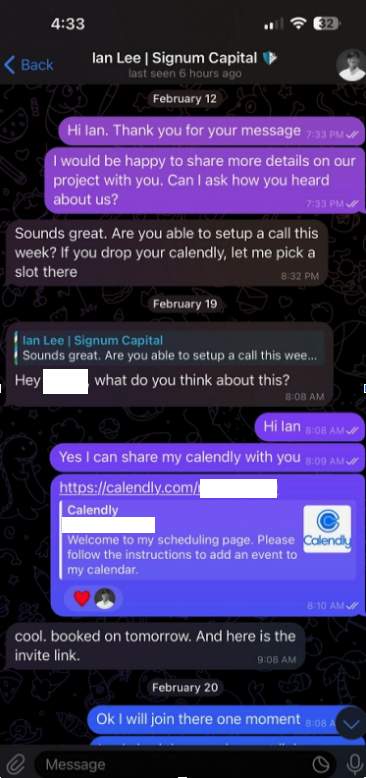The Not-So-Secret Network Access Broker x999xx

Credit to Author: BrianKrebs| Date: Wed, 03 Jul 2024 16:41:34 +0000
Most accomplished cybercriminals go out of their way to separate their real names from their hacker handles. But among certain old-school Russian hackers it is not uncommon to find major players who have done little to prevent people from figuring out who they are in real life. A case study in this phenomenon is “x999xx,” the nickname chosen by a venerated Russian hacker who specializes in providing the initial network access to various ransomware groups.
Read More



